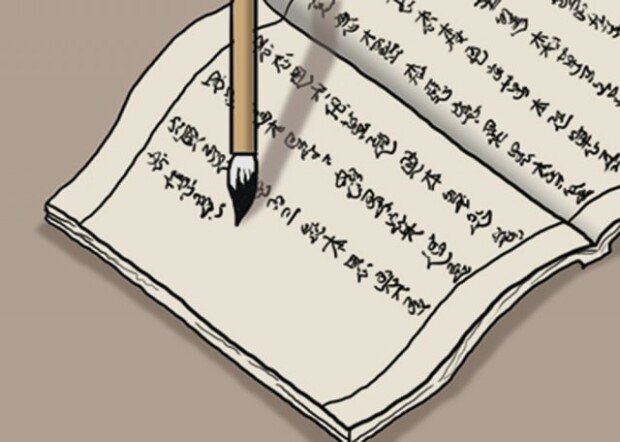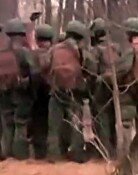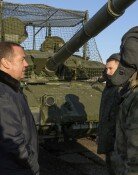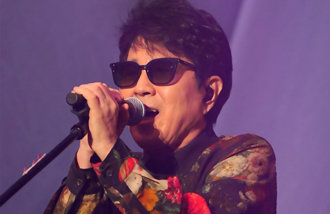How writing dominates your mind
How writing dominates your mind
Posted January. 12, 2021 07:36,
Updated January. 12, 2021 07:36

Civil servants of the Joseon Dynasty should be well-versed in both literary and martial arts. Military administrations – the ability to read books on military science, marshal armies, and handle logistics and mobilization - were part of their job descriptions though they didn’t know how to fight in a battle.
Cho Gyeong-nam, a Joseon scholar from Namwon, southern part of Korea, went through the Japanese invasion in 1592, the Chinese invasion in 1627, and the Manchu war in 1636. During the Japanese intrusion, Cho joined the battle as militia leader. Armed with both literary and military arts as well as real battle experiences, he wrote down a battle log called Nanjoongjabnok and Sokjabnok, a rare record on all three major foreign invasions. The logs are an invaluable asset for Korea’s studies of history given the country’s severe dearth of war records.
His books are relatively specific compared to other records, but the details are not good enough, nor it is thorough enough as record of major battles. But it wasn’t really his fault; the base materials and documents he took reference from were a simplified report rather than a log. Who is to blame for this emotional, ham-fisted effort to analyze the battles?
Joseon boasted a higher literacy rate and a bigger share of intellectuals than any other society, but it had no system in place to teach how to master scientific explanations and practical writing as the entire nation was fixated on philosophical reasoning and literary writings. Writing culture affects one’s thoughts as well. Even when faced with the battles in person, anyone under the influence of Joseon’s writing culture would be quick to make criticism instead of offering a practical analysis of events. “The soldiers were scattered as the general got scared” or “The morale of men was boosted tenfold when the general beheaded the enemy with a roar” are some of the styles typically found in Joseon’s war logs.
Events described above do happen in a battlefield, but they account for only a small portion. How armed the enemies are or how far they charged on what type of terrains are out of their concern. The myriad of variables in the battlefield are mashed up into one or two, and the upshot of oversimplification is forthcoming emotional criticism, not level-headed analysis. This might explain why the masses are so gullible to fake news. In a way, Korea has been stuck in this rigid frame for 500 years. As if that wasn’t enough, the country’s education and intellectual culture are going backward.







